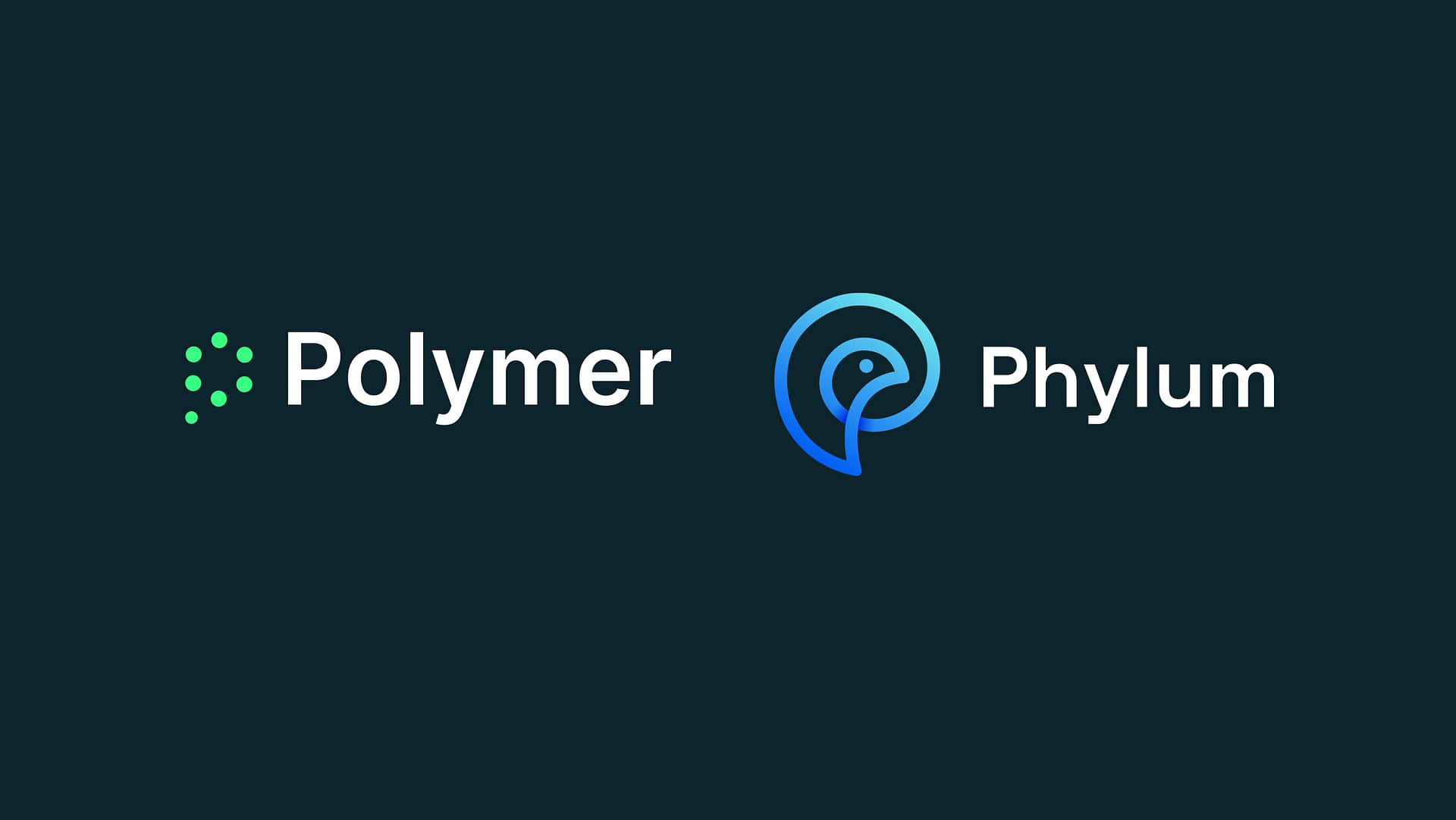If you’re a cybersecurity professional looking for a job right now, then lucky you. People in your profession are in high demand.
If, though, you’re a business leader reading this and looking for security talent (which we expect you are), the picture isn’t so pretty. Right now, there are almost 500,000 cybersecurity job adverts open in the US. The figure has nearly doubled since 2019.
The cybersecurity skills gap is growing – and so are the threats companies face. In light of the shift to remote work and the increasing use of cloud services, the average company’s attack surface has increased exponentially.
With employees working outside of the corporate walls, it’s more complicated than ever for IT and security personnel to make sure that data is being used securely. Your IT guys are tasked with managing multiple endpoints – often across various timezones. They likely feel burnt out and stressed.
We all know that low workplace enjoyment can lead to high turnover rates. So, something needs to change. Unfortunately, though, the skills gap isn’t going anywhere.
As Gartner notes: “the global demand for cybersecurity skills far exceeds the current supply of traditionally qualified individuals.”
Why is there such a big security skills gap?
Ok, we know we’re a little biased, but we think that the world of cybersecurity is fascinating. So, why then, is there such a vast skills shortage?
Well, there are a few factors at play, which we’ll explore below.
Burnout
Working in a security operations centre is fast-paced and stressful. With security staff in short supply already, those already in the job are increasingly burning out – and some are leaving the profession altogether. Forrester research, for example, found that over half of security professionals have experienced burnout while almost three-quarters have thought about leaving their jobs due to stress.
This stress will have been compounded by recent advances in technology, which have changed how we work entirely. IT professionals only used to worry about securing the network. These days, the network as we knew it doesn’t exist. Now, security guys are tasked with keeping sensitive data safe across thousands of endpoints and applications. It’s enough to make anyone start going grey!
Competitive wages
How do you attract top talent? Aside from having a great workplace culture, a good salary offer helps too. In line with this, we’re seeing lots of security professionals jump ship from company to company in search of a better salary and improved work/life balance. Research found that 64% of senior decision-makers have seen a rise in turnover over the past year.
This is bad news for organizations. It takes time for a security professional to understand a company’s unique risks and the threats it faces. If you’re constantly losing and gaining security staff, this inconsistency could put you at more risk of a data breach.
Many professionals are still training
Twenty years ago, cybersecurity wasn’t a boardroom conversation. It’s only recently become a strategic priority for organizations. Because of this, there’s a discrepancy between the number of skilled professionals needed and the number of skilled professionals there currently are.
The good news is that governments are making a concerted effort to attract students into cybersecurity careers across the globe, but this isn’t an immediate fix. It will take time for these students to complete their degrees and gain work experience. Meanwhile, there simply aren’t enough security professionals to go around.

How automation can plug the security skills gap
The cybersecurity skills gap issue is twofold: there aren’t enough skilled professionals, and the experienced professionals are overworked and burning out.
Thankfully, there’s a solution that can tackle both these problems at once: artificial intelligence (AI) and automation.
Many organizations are already using automation for workplace processes like data entry and invoicing – but they neglect to think about the potential of automation for improved cybersecurity. In fact, automation can take on a number of repetitive security tasks, so your security professionals can focus on more meaningful, strategic work.
Benefits of automation for cybersecurity
Some companies are hesitant to adopt AI in cybersecurity. They worry about the reliability of these solutions – especially in a field as complex and technical as cybersecurity. Ironically, though, AI can improve data breach prevention, detection, and response accuracy.
Unlike humans, AI doesn’t make errors. It also works much faster than a human can. Here are some other benefits of using AI for cybersecurity to consider:
- Save money, time and resources – Once your AI solution is up and running, it can save your people a lot of money and time. In line with this, research indicates that AI lowers the cost of detecting and responding to breaches by around 12%.
- Reduce the risk of a data breach – Automated solutions work round the clock to scan your systems for signs of a potential data breach. best-in-breed solutions will automatically block suspicious behavior or redact sensitive data in real-time, preventing a breach before it happens.
- An extra pair of hands: Automation can sift through data at a rate humans could only wish to reach. Your AI solution essentially becomes an extra pair of hands, helping your security personnel to discover and remediate data breaches, and taking on lower-level tasks that would drain your people’s time.
What cybersecurity processes should I automate?
AI and cybersecurity is a blossoming field. More and more vendors are releasing AI-enhanced security products. The number of solutions out there means you could quickly end up spending hundreds of thousands of dollars.
We think it’s best to start with the essentials. The most significant security risk to businesses is a data breach or leak in today’s world. These incidents can cost companies loads in time, resources, compliance fines and reputation.
So, what you need is a solution that helps you automate data protection, one that can identify, protect and secure sensitive data no matter where it is – be it in the cloud or on-premises.
This is where AI-powered, cloud DLP solutions like Polymer come in. Our solution identifies, alerts & secures sensitive data like PII and PHI in real-time in cloud applications, file storage platforms, ticketing systems & codebases.
The solution is self-learning and automated, meaning your security team rarely need to interfere. ‘Self-learning’ means the DLP picks up on sensitive data patterns based on pre-defined data classification policies your company entered when first installing the program.
Using these policies, the self-learning engine understands what kind of data it needs to protect and automatically scans for and protects this data when it finds evidence of it.
For your security team, cloud DLP is a huge relief. Rather than fretting about securing collaboration tools like Slack, Teams and Google Workspace, your security personnel can rest assured that cloud DLP is doing the work for them.
Moreover, with deep reporting and auditing capabilities, cloud DLP helps your people keep up with compliance obligations.
Conclusion
Ultimately, the cybersecurity skills gap isn’t going anywhere – but that doesn’t mean you need to risk a data breach. By using automated cloud DLP, you can plug the security skills gap, ease the burden on your security personnel and boost your security posture.








